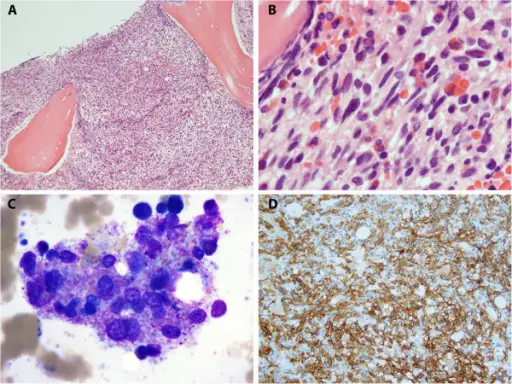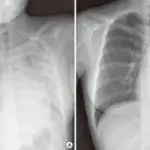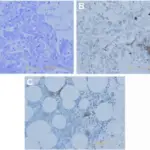Anaphylactic transfusion reaction is a reaction of the blood that occurs to patient who lack the IgA antibody and occurs mostly during transfusion of platelets.
What is the Pathology of Anaphylactic Transfusion Reaction?
The pathology of anaphylactic transfusion reaction is the study of the reaction that occurs in blood of those lacking the IgA antibodies.
-Etiology: The cause of anaphylactic transfusion reaction is hypersensitivity to the allogenic proteins in the plasma.
-Genes involved: None.
-Pathogenesis: The sequence of events that lead to anaphylactic transfusion reaction the formation of the IgA antibodies in a patient who lack the IgA. Leading to the formation of a reaction since it will be considered as foreign and a response will be triggered.
-Morphology: NA
-Histology: NA
How does Anaphylactic Transfusion Reaction Present?
Patients with anaphylactic transfusion reaction typically are female present at age range of from 9 years. The symptoms, features, and clinical findings associated with anaphylactic transfusion reaction include cough, dyspnea, hypotension, urticaria and skin flushing, nausea, vomiting and diarrhea cyanosis, dyspnea.
How is Anaphylactic Transfusion Reaction Diagnosed?
Anaphylactic transfusion reaction is diagnosed by physical examination of the symptoms presenting immediately transfusion is commenced.
How is Anaphylactic Transfusion Reaction Treated?
Anaphylactic transfusion reaction is treated antihistamines, epinephrine, oxygen therapy and fluid replacement therapy and supportive care.
What is the Prognosis of Anaphylactic Transfusion Reaction?
The prognosis of anaphylactic transfusion reaction is fair since once the allergen is noted the reaction can be avoidable.



